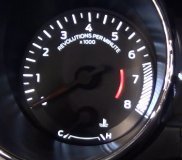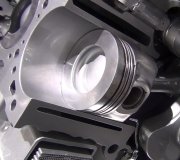Tuesday, February 14th, 2012 AT 9:39 PM
I have a 1.9gt tdi whenever I give it any prolonged stick the turbo cuts out and wont boost again until I turn off the ignition and restart it and it works perfectly again. No smoke no bearing rattle no warning lights? I've heard the this car has turbo problems?


